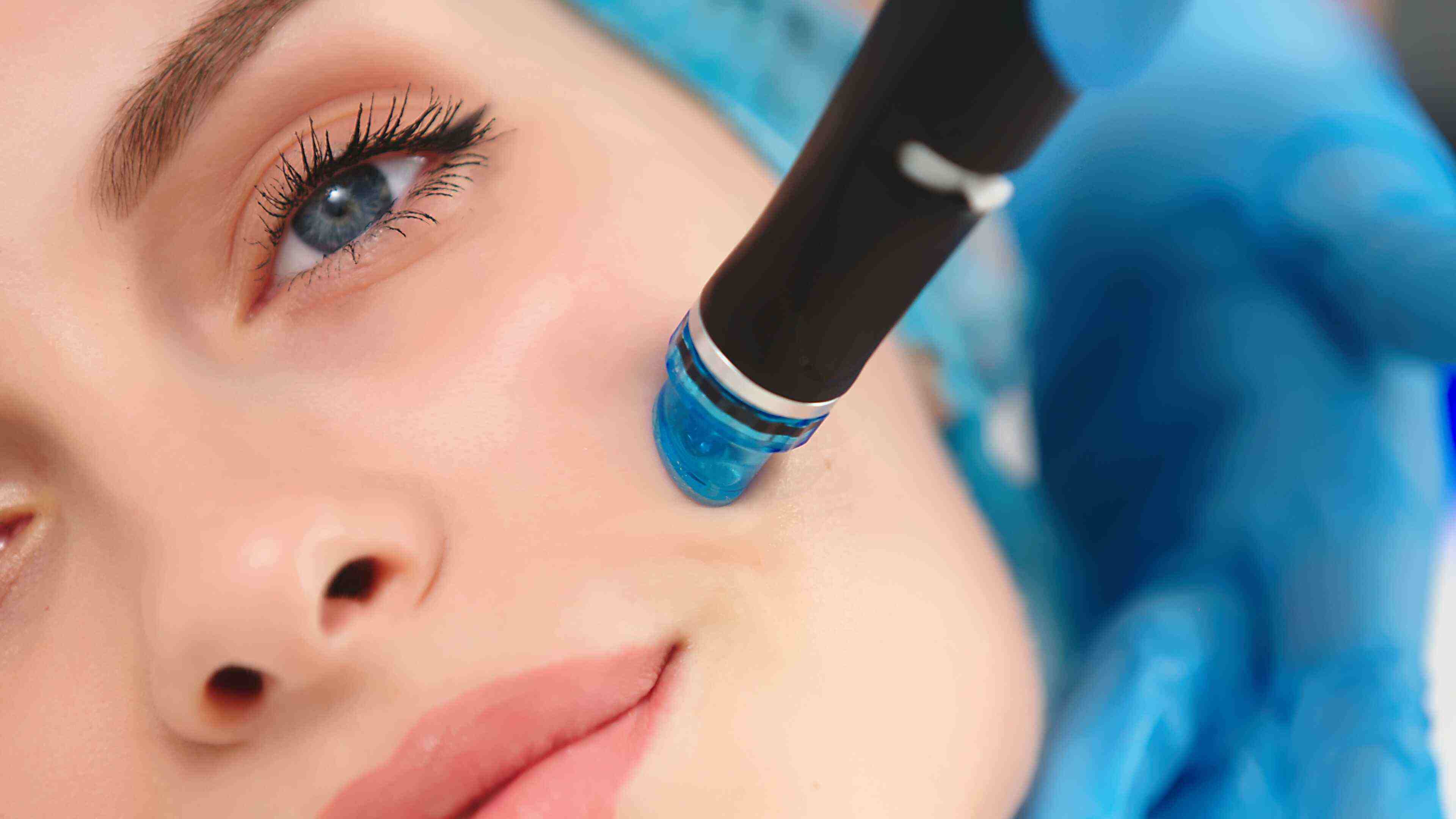Attention Deficit Hyperactivity Disorder (ADHD) - Symptoms, Causes &Treatment
Written By: Dr. Laila Adel Mahmoud
Updated On:December 26, 2023

What is ADHD?
Attention deficit hyperactivity disorder (ADHD) is a mental condition that affects people’s behaviour & is thought to be one of the most common mental disorders affecting children. Children & teenagers living with ADHD can often seem restless & may experience difficulty concentrating during everyday situations & encounters. Changes in routine, & life events such as starting or going to a new school is often a time when the signs of ADHD in children tend to become more apparent. Most cases of ADHD are diagnosed between the ages of 6 & 12 years old.
Although most commonly experienced by children, ADHD can affect adults, however, symptoms usually improve gradually with age. Children & adults with ADHD may also experience additional difficulties including sleep & anxiety disorders.
What are the Symptoms of ADHD?
Symptoms of ADHD can also overlap with symptoms associated with attention deficit disorder (ADD). ADHD symptoms usually occur in more than one setting or situation, often both within the homestead & at school.
Symptoms & Signs of ADHD may Include:
- Having a short attention span
- Easily distracted
- Appearing to misplace or lose things
- Experiencing difficulty when organizing
- Unable to stick to tasks
- Constantly changing activity
- Unable to sit still
- Unable to wait
- Acting on impulse
- Little or no sense of danger
- Excessive talking
- Excessive physical movement
Symptoms of ADHD in Adults can also Include:
- Mood swings & irritability
- Extreme impatience & quick temper
- Inability to deal with stress
- Frequent interrupting of others & difficulty moderating responses
What are the Causes of ADHD?
The exact causes of the disorder are to date unknown. ADHD has been found to be more prevalent amongst people with learning difficulties. Research suggests that genetics could contribute to the likelihood of developing the disorder. Other suggested factors include:
- Premature birth (Prior to the 37th week of pregnancy)
- Low birth weight
- Substance abuse during pregnancy
- Smoking during pregnancy
- Consuming alcohol during pregnancy
How to Test for ADHD
Testing & diagnosis of ADHD for you or your child requires specialist assessment. Initial questions may inquire about symptoms & symptoms start date, the prevalence of ADHD in the family history as well as questions about personal & home life.
A formal assessment may require the referral of a number of different specialists including child or adult psychiatrists, paediatricians, learning disability specialists as well as occupational therapists.Additional challenges can occur when attempting to accurately diagnose the disorder in adults. It is currently thought that attention deficit hyperactivity disorder cannot develop for the first time in adults. Effective diagnosis requires strict supervision & monitoring over a substantial period of time.
What are Some of the Complications Associated with ADHD?
Complications associated with ADHD in adults often involve experiencing difficulty in social settings & environments. This can include underachieving in the workplace or education, difficulty forming relationships & failing to sense danger when operating vehicles or heavy machinery.
Some children & teenagers living with ADHD may additionally suffer from or develop signs of additional conditions including:
- Anxiety Disorder: A condition that can include frequent bouts of worry that can include rapid heartbeat, sweating & dizziness.
- Depression: This condition tends to present itself as a persistent feeling of sadness & loss of interest.
- Sleep Disorders: If you are experiencing difficulty getting to sleep as well as irregular sleep patterns, you might have a sleep disorder.
- Tourette’s Syndrome: A condition of the nervous system, Tourette’s syndrome tends to combine involuntary noises & movements.
- Conduct Disorder: This can manifest as a person’s tendency towards antisocial behaviour.
- Oppositional Defiant Disorder (ODD): Those with ODD often show disruptive behaviour towards authority figures.
Treatment Options for ADHD
Although there is no cure for ADHD, the disorder can be managed with a combination of:
- Appropriate educational support
- Advice & support for parents, guardians & affected children
- Balanced diet
- Social skills training
- Psychological therapies i.e. cognitive behavioural therapy (CBT)
- Prescribed medications including dexamphetamine & methylphenidate
Living with ADHD
The challenges associated with living with or with a loved one suffering from ADHD can be mitigated with support & management. Useful measures to help manage the disorder can include:
Maintaining a Healthy Home Environment
Being organized, maintaining open communication & eating well can all contribute towards fostering a positive atmosphere in the home & help avoid stressful interactions, breakdowns & irritability. Over consumption of alcohol can exacerbate lows & mood disorders. Certain foods including fatty fish, dark chocolate & berries high in anthocyanins have been shown to improve overall brain health & promote a feeling of well-being.
Frequent Exercise
When caring for a loved one with ADHD, outdoor activities such as hiking or cycling can all help focus the mind & relieve stress. The additional rush of feel-good hormones & burning of extra calories can help shed unwanted pounds & improve self-esteem.
Joining Regional Support Groups
Joining a support group enables you to share ideas, build confidence, make friends & find assistance in challenging times. Knowing you are not alone & reaching out for help can often be invaluable. By joining a support group with like-minded people, you can receive direction, gain valuable insight & be aware of commonly shared challenges.
Enjoying Relaxation or Mindfulness Techniques
Taking a break or time out to focus the mind & organize thoughts can significantly help minimize irritability & disrupt negative thought patterns. Getting outdoors & enjoying wildlife can help build fond memories, refresh the mind & encourage developmental & social skills.
Staying Organized
By being in control & staying organized, carers can reduce stress build up & feelings of anxiety. Managing & being on top of affairs at home or in the work place can help improve self-esteem, reduce negative doubt & avoid conflict.
Giving children with ADHD periods of each day to dedicate towards home-work, dinner time & chores allows them a structure on which to develop functional skills, build confidence & manage anxiety.
Learning to Recognize the Signs
Being able to recognize the early stages or potential causes of anxiety can allow you to focus on addressing them promptly. Using a combination of self-help & relevant support, carers & those with ADHD can develop multiple coping techniques & help minimize potential discomfort.
Utilizing Social Care Assistance
It is important to have access to social care & assistance, especially during particularly challenging periods. This can allow carers & those with ADHD to access the support & guidance they need. It is crucial that carers have access to periods of respite, do not feel overwhelmed & should feel rest-assured that their loved one is in safe hands.
Can you Prevent ADHD?
Research suggests that there is no single way to prevent ADHD - however, some studies have found links between ADHD & lead exposure during pregnancy, detrimental prenatal habits & unhealthy diets amongst young children.Failure to monitor healthy development through prenatal check-ups can lead to complications at birth. In addition, substance abuse, alcohol consumption & smoking by mothers during pregnancy put their children at a higher risk of developing ADHD.
A balanced diet is important for the development of all children during their early years. Although inconclusive, some experts believe minimising blood sugar spikes through restricting a child’s consumption of processed sugar & carbohydrates can yield positive results. Also, elimination diets that cut out artificial colourings, flavours & preservatives have seen parents report marked improvements in their children's behaviour.
For more information on the diagnosis & treatment of ADHD, get in touch with us.
Meet our doctors from the Psychiatry department


















